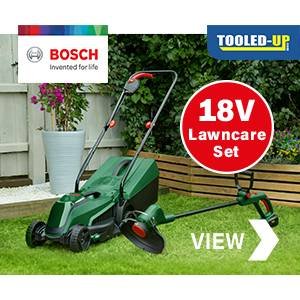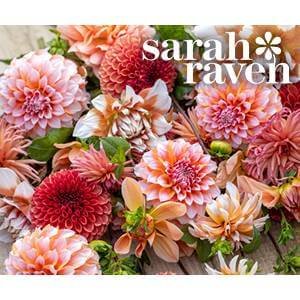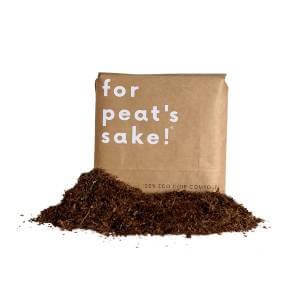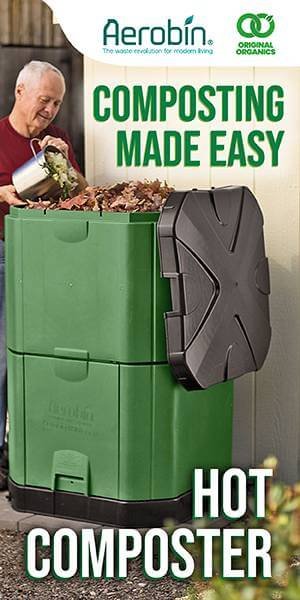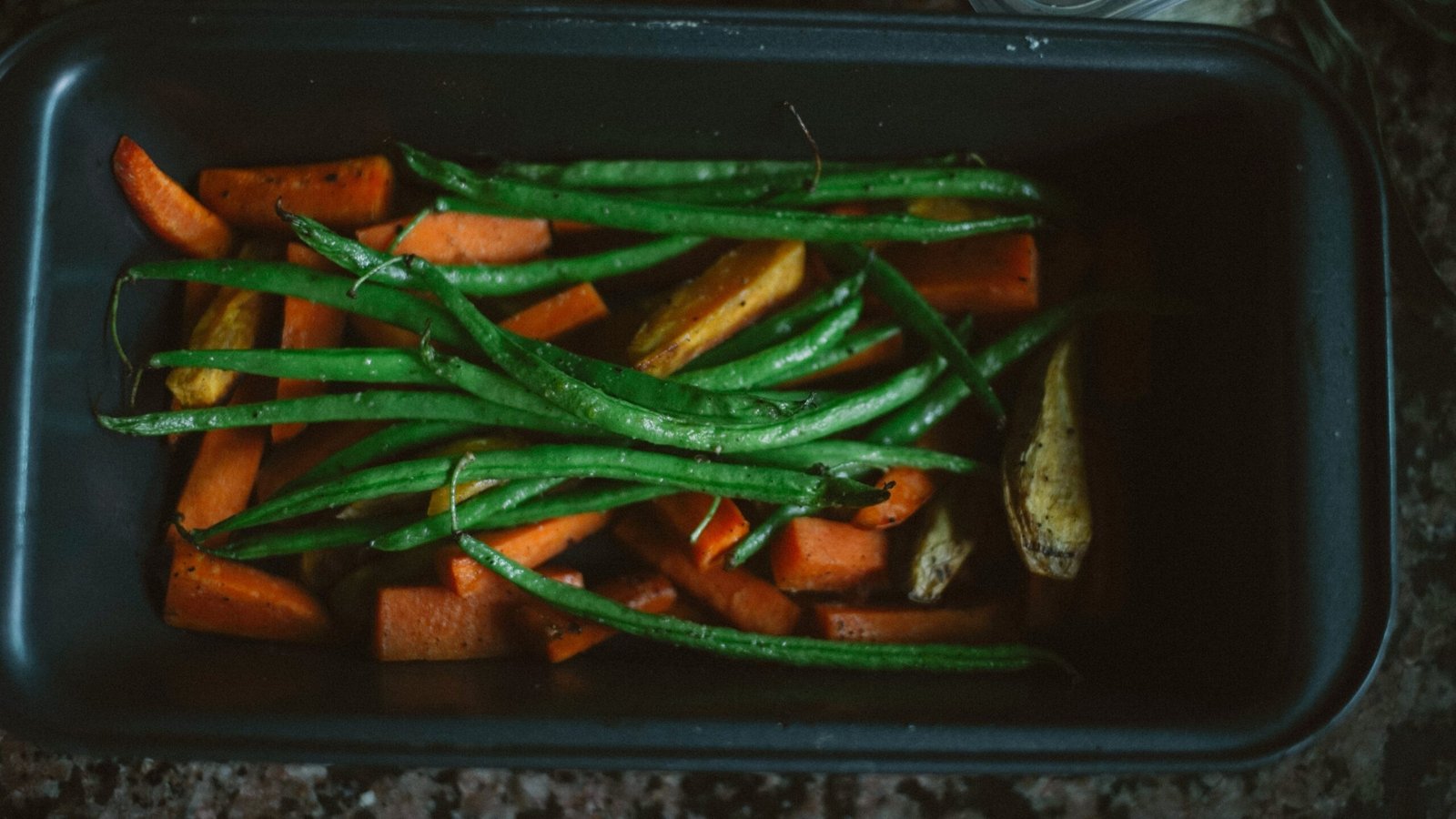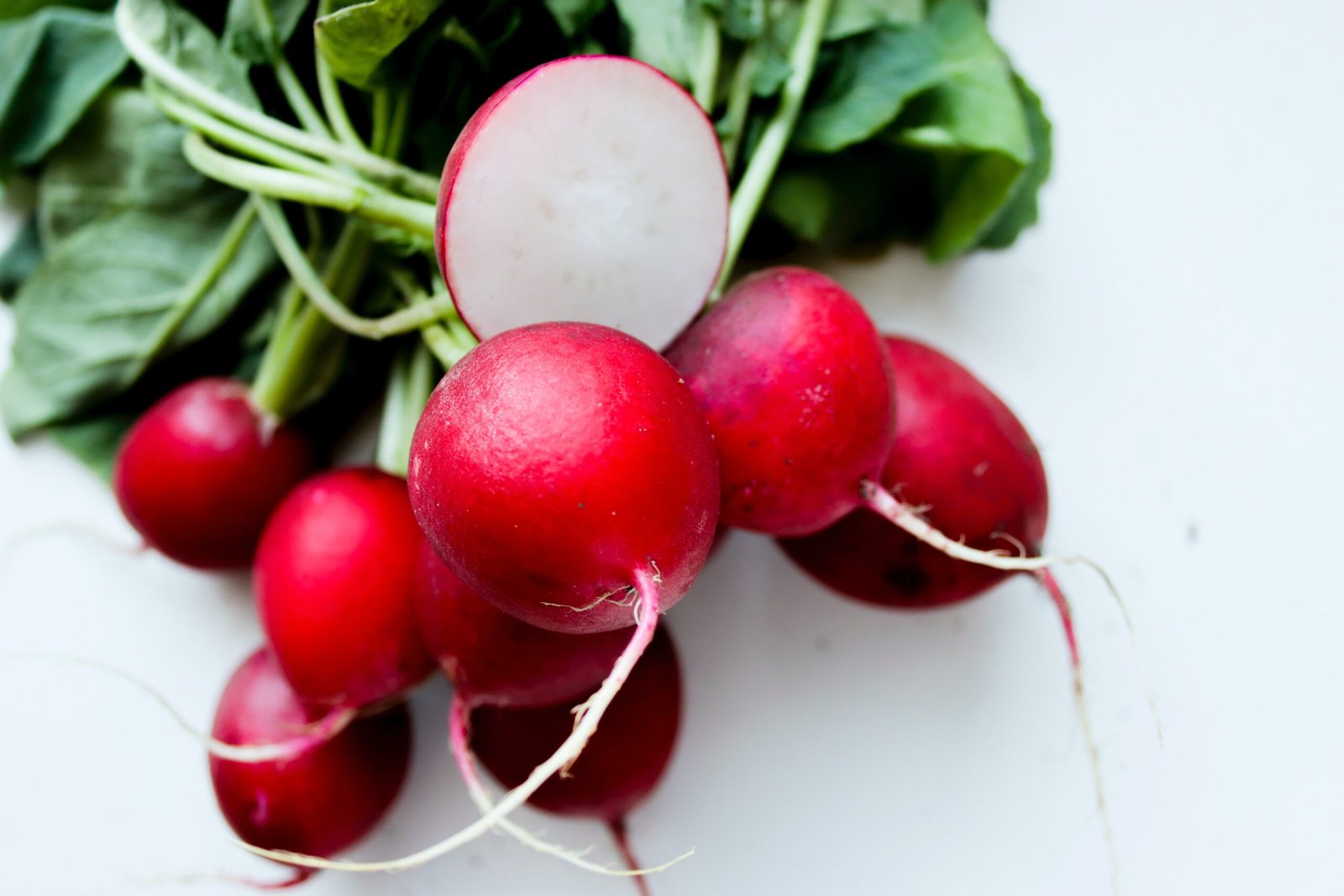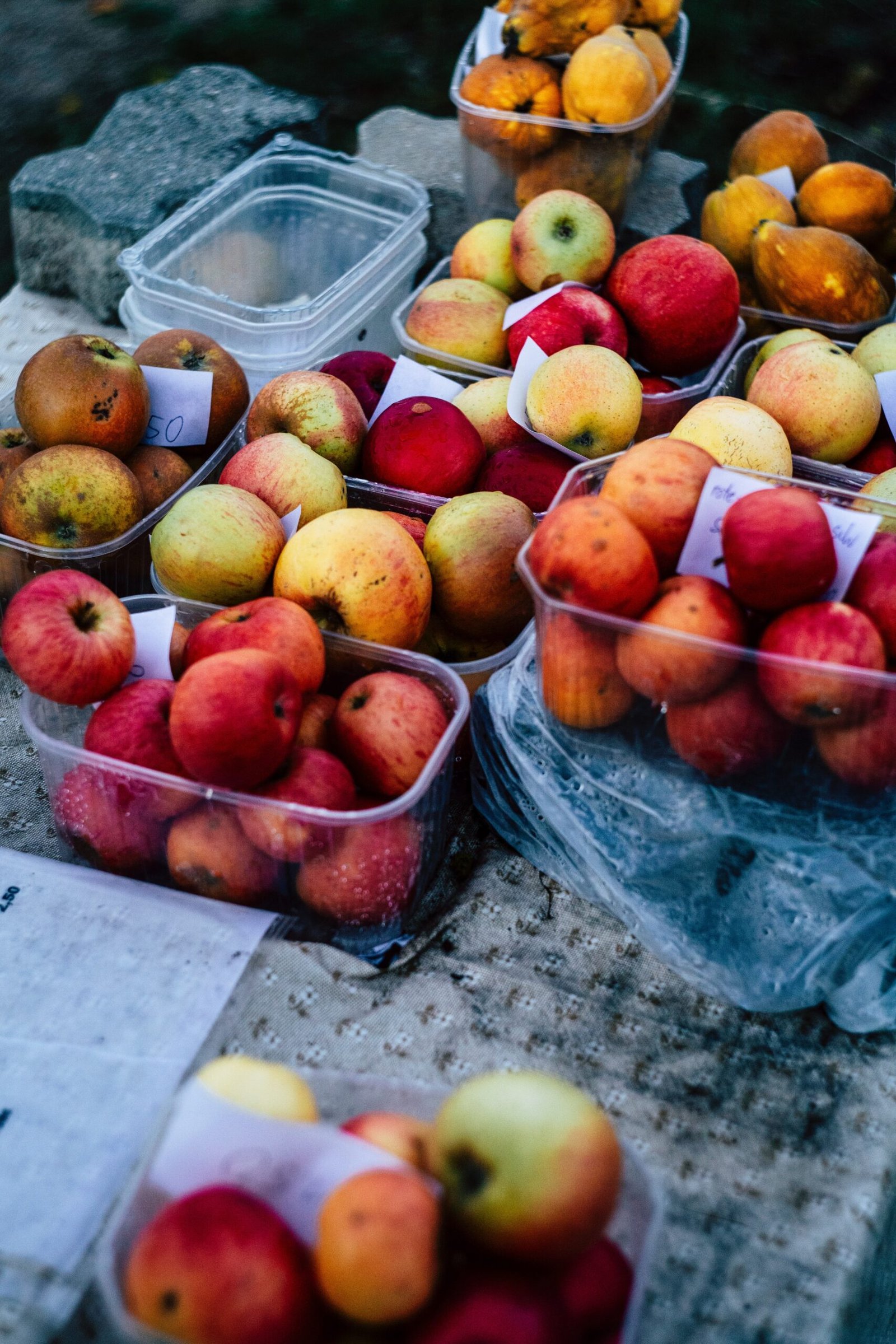Introduction
Welcome to the ultimate guide on how to grow delicious edible mushrooms right in the comfort of your own home in the UK. Whether you’re a seasoned gardener or a beginner, growing mushrooms can be a rewarding and fascinating experience. In this step-by-step guide, we’ll walk you through the entire process, from choosing the right mushroom varieties to harvesting and storing your bountiful crop.
Why Should I Grow Mushrooms?
Growing mushrooms at home offers a multitude of benefits. Not only are mushrooms a nutritious addition to your diet, but they also add a unique and earthy flavor to your dishes. Additionally, cultivating mushrooms can be a sustainable and eco-friendly practice, as they can be grown using organic waste materials.
Where is the Ideal Location to Grow Mushrooms?
When it comes to growing mushrooms, finding the right location is crucial. Mushrooms thrive in cool, dark, and humid environments. A basement, garage, or even a spare room can provide the ideal conditions for mushroom cultivation. Ensure that the space is well-ventilated to prevent the buildup of excess moisture.
Soil Type and Preparing the Soil
Mushrooms do not grow in soil like traditional plants. Instead, they require a substrate, such as straw, wood chips, or compost, to grow on. Prepare the substrate by soaking it in water overnight and then pasteurizing or sterilizing it to eliminate any competing organisms.
Watering Tips and Hints
Maintaining proper moisture levels is essential for successful mushroom cultivation. Mist the substrate regularly to keep it moist, but be cautious not to oversaturate. Mushrooms are sensitive to excessive moisture, which can lead to mold or rot.
Sowing and Planting Mushrooms
Once your substrate is prepared, it’s time to introduce mushroom spawn. Mushroom spawn is a mixture of mycelium (the vegetative part of the fungus) and a nutrient-rich material. Mix the spawn thoroughly into the substrate, ensuring even distribution.
How to Grow Mushrooms from Spawn
After sowing the spawn, cover the substrate with a layer of moist newspaper or a breathable cloth. This covering helps maintain humidity and prevents contamination. Place the container in a dark and cool location, ideally around 15-20°C (59-68°F).
How to Plant Out Mushrooms
As the mycelium grows and develops, it will eventually form small pinhead mushrooms. At this stage, it’s time to transfer the substrate to a fruiting chamber. This chamber can be as simple as a plastic storage container with holes for ventilation.
General Care for Mushrooms
Mushrooms require minimal care once they enter the fruiting stage. Ensure that the fruiting chamber is kept humid by misting regularly. Monitor the temperature and aim for around 18-22°C (64-72°F) to promote healthy growth.
How to Harvest Mushrooms
Harvest your mushrooms when the caps have fully expanded but are still firm. Using a sharp knife or scissors, cut the mushrooms at the base of the stem. Avoid pulling or twisting, as this can damage the mycelium.
How to Store Mushrooms
Freshly harvested mushrooms can be stored in a paper bag or a breathable container in the refrigerator. Avoid sealing them in plastic bags, as they can become slimy. Consume them within a week for the best flavor and texture.
Problems in Growing Mushrooms: Common Pests and Diseases
While mushrooms are generally resilient, they can occasionally face challenges. Common pests include flies, mites, and slugs. To prevent infestations, maintain cleanliness and proper ventilation in your growing area. If you encounter diseases such as mold or bacterial infections, remove affected mushrooms promptly and adjust the growing conditions as necessary.
Where to Buy Mushrooms
There are various sources to obtain mushroom spawn or kits for your home cultivation. Local garden centers, online retailers, and specialized mushroom suppliers are excellent places to start your search. Ensure that the supplier offers high-quality spawn or kits suitable for your chosen mushroom varieties.
What are the Best Mushroom Varieties to Grow and Why?
Some popular mushroom varieties for home cultivation in the UK include oyster mushrooms, shiitake mushrooms, and white button mushrooms. These varieties are known for their delicious flavors, versatility in cooking, and relatively easy cultivation requirements.
What Tools Will I Need to Grow Mushrooms?
The good news is that growing mushrooms doesn’t require a lot of specialized equipment. Here are a few essential tools to get you started:
– Plastic storage containers or mushroom growing bags
– A spray bottle for misting
– A sharp knife or scissors for harvesting
– A thermometer and hygrometer to monitor temperature and humidity levels
Conclusion
Growing mushrooms at home in the UK is an enjoyable and rewarding experience. By following the steps outlined in this guide, you can cultivate your own supply of delicious and nutritious mushrooms right in your own home. Embrace the magic of mushroom cultivation and embark on a journey of culinary delight!
Frequently Asked Questions
Q: How long does it take to grow mushrooms at home?
A: The time it takes for mushrooms to grow varies depending on the variety, but most mushrooms can be harvested within 2-4 weeks after sowing the spawn.
Q: Can I reuse the substrate for future mushroom crops?
A: Yes, you can reuse the substrate for subsequent crops. However, it’s important to sterilize or pasteurize the substrate again to eliminate any potential contaminants.
Q: Are mushrooms suitable for vegetarians and vegans?
A: Yes, mushrooms are a fantastic source of plant-based protein and are suitable for vegetarians and vegans.












